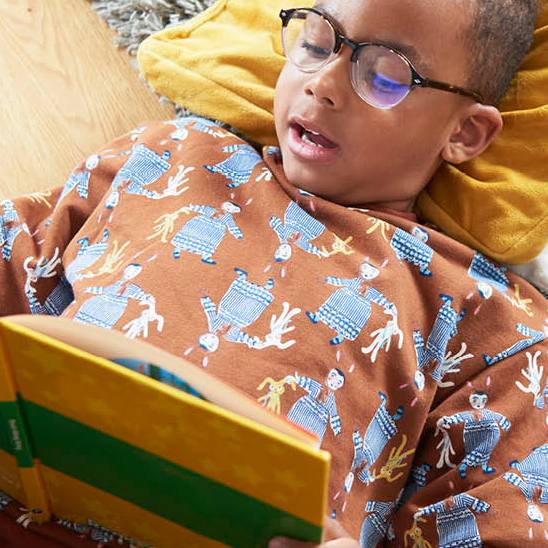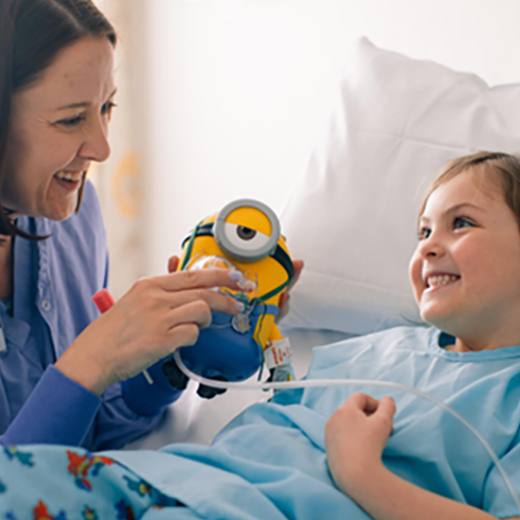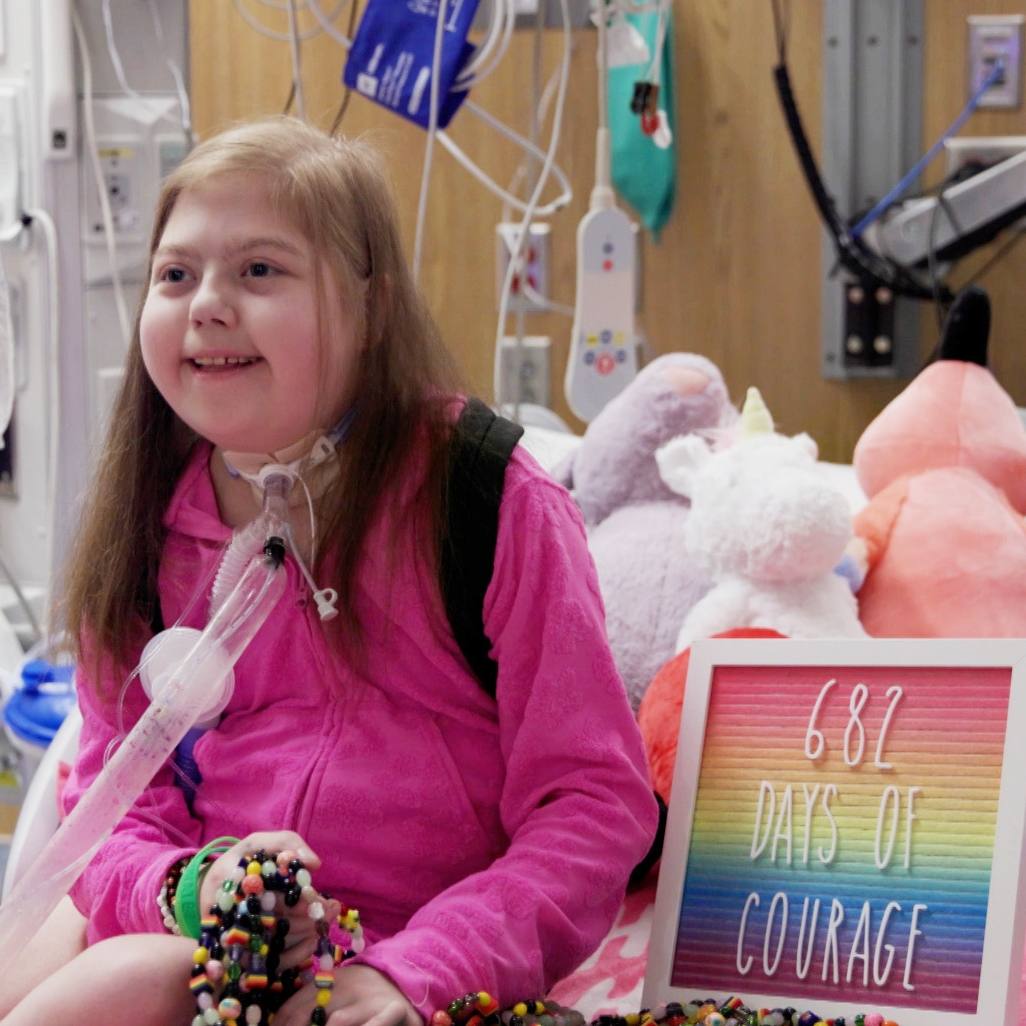-
Mayo Clinic Children's
Mayo Clinic Minute: Know the difference between adult and teen depression
Clinical depression is a mood disorder than can affect anyone and at any age. The signs and symptoms, however, are not the same for everyone.
Dr. Marcie Billings, a Mayo Clinic pediatrician, says there are some differences between adult depression and teen depression. A mental health issue can be treated, but first, it needs to be diagnosed.
Journalists: Broadcast-quality video pkg (0:59) is in the downloads at the end of the post. Please courtesy: "Mayo Clinic News Network." Read the script.
Whether you are 13 or 30, anyone can be affected by depression.
"It’s a very real diagnosis, and it’s different in adults and kids," says Dr. Billings.
A typical adult symptom may include the classic depressed mood.
"In a child or adolescent, you might see more irritability, cranky behavior, isolative behavior," says Dr. Billings.
The challenge is that it also can be typical teen behavior. Dr. Billings says it's the change in their normal behavior that can be concerning.
"They used to want to hang out with friends — now they're not. Grades are suffering. They’re struggling to get done what they normally do every day. They’re tired all the time. They can have sleep problems. They can have eating problems," she says.
Weight loss in adults is a common sign of depression but in kids, …
"You might see that they’re not gaining weight appropriately," says Dr. Billings. Or they may be gaining excess weight.
The good news is that there are treatment options for adults and for kids. A good place to start is talking with your primary care provider.
"We can treat adolescent depression extremely well," says Dr. Billings.
For the safety of its patients, staff and visitors, Mayo Clinic has strict masking policies in place. Anyone shown without a mask was either recorded prior to COVID-19 or recorded in a nonpatient care area where social distancing and other safety protocols were followed.
Related Articles







